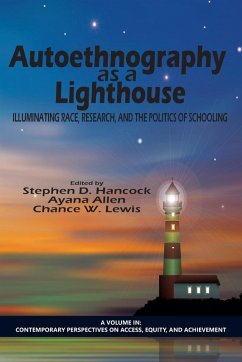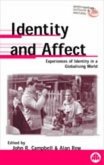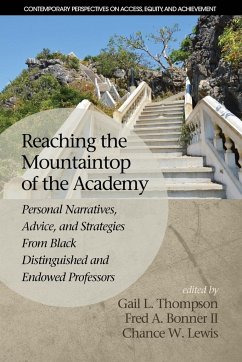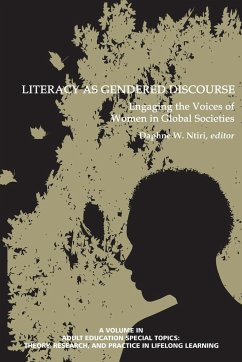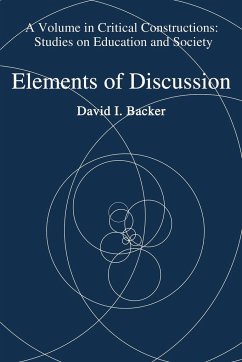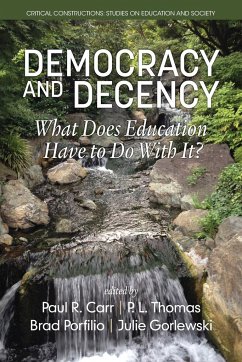A volume in Contemporary Perspectives on Access, Equity and Achievement Series Editor Chance W. Lewis, University of North Carolina at Charlotte, The purposes of this book are rooted in the move from invisibility to visibility and silence to voice. This work uses autoethnography as an enterprise to break down traditional barriers that support the invisibility of diverse epistemologies (Altheide & Johnson,2011). The reality of invisibility and silence has plagued scholars of color in their attempt to make known the cultural significance found in the planning and execution of research. As a result, this book purposes to support the visibility and voice of scholars of color who conduct autoethnographic research from a racial, gendered, and critical theoretical framework. This work further supports the research community as it examines and reexamines culturally indigenous epistemologies as a viable vehicle for rigorous and authentic inquiry (Dillard, 2000). The significance of this book can begrafted from its attention to new ways of thinking about doing research. While much of the previous scholarship on autoethnography highlights the importance of personal narrative and voice, this book includes the latter but also examines the concept of race and culture as undisputable factors in the doing of research. Burdell & Swadener (1999) contends that autoethnography should interrogate the subjective nature and question master narratives and empirical assumptions. Spry (2011) emphasizes autoethnography as a moral discourse that foster intimate experiences grounded in historical processes. Authoethnographic research then, has the potential to provide a lens by which researchers candelve into research with a greater sense of personal experiences and critical understanding of the inquiry context.
Hinweis: Dieser Artikel kann nur an eine deutsche Lieferadresse ausgeliefert werden.
Hinweis: Dieser Artikel kann nur an eine deutsche Lieferadresse ausgeliefert werden.

